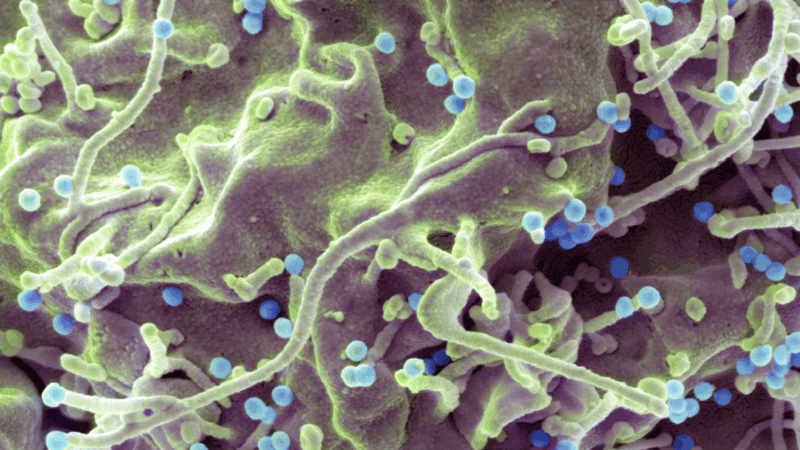German lawmakers reject Friedrich Merz as chancellor in a stunning 1st round
BERLIN — For the first time in German history, the candidate for chancellor has been defeated in the first round of parliamentary voting.
Conservative Friedrich Merz was set to become Germany’s 10th chancellor on Tuesday, but in an unexpected development, he fell short of the numbers needed to do so. Merz needed 316 votes in a secret ballot of the 630-seat German parliament, but he was short six votes in the first round of voting.
Parliament will reconvene at 3:15 p.m. local time for a second vote to confirm Merz, according to Jens Spahn, parliamentary leader for Merz’s Christian Democratic Union party.
The setback is a major embarrassment for the leader of the center-right Christian Democrats, less than three months after winning the most votes in Germany’s federal election. Merz’s CDU and its Bavarian partner, the Christian Social Union party, had signed a coalition agreement with the center-left Social Democratic Party of Germany on Monday.
“This country is looking for a government that from its first day gets down to work powerfully and systematically,” Merz said at Monday’s signing.
But the first day of Merz’s new government could come later than expected. If he fails to win a majority, the lower house of Germany’s parliament, the Bundestag, has 14 days to elect a candidate who is able to garner an absolute majority.
Should that fail, the constitution allows for the president to appoint the candidate who wins the most votes as chancellor or to dissolve parliament and hold a new national election.
Prior to Tuesday’s vote, Merz, who aims to restore Germany’s economy, military and its status in Europe, had already turned heads by steering a law that exempted defense and security from the country’s strict debt rules through parliament.
The move enabled the government to significantly increase the military budget, so that it could help defend Ukraine and itself in the future. It was a bold — and for Germany — swift move that showed Merz’s leadership weeks before he was set to become chancellor.
Tuesday’s failed first-round vote, though, is a sign of the obstacles Merz would face if he becomes chancellor. Another is the increasing popularity of the Alternative for Germany, known by its German initials AfD, a far-right, anti-immigration party with close ties to Russia that came in second place in February’s federal election, earning more than a fifth of all votes.
Should Merz become chancellor, the AfD would be the main opposition party in parliament just days after it was declared an “extremist” group by Germany’s Office for the Protection of the Constitution, enabling domestic intelligence to monitor the party as a threat to Germany’s democracy. The AfD has sued the office responsible for making the designation.
AfD’s position in parliament will make it difficult for the coalition government to carry out its agenda.
A new one-a-day-pill holds promise for HIV’s ‘forgotten population’
It's designed to take the place of complicated, multiple drug regimens that many people with HIV need to follow. And it's also beneficial because the HIV virus is always evolving.
For filmmaker Chloé Zhao, creative life was never linear
Director Chloé Zhao used meditation, somatic exercises and dance to inspire the cast and crew of this Oscar-nominated story about William Shakespeare's family.
10 new books in March offer mental vacations
March is always a big one for books – this year is no different. We call out a handful of upcoming titles for readers to put on their radars — offering a good alternative to doomscrolling.
Sen. Chris Coons, D-Del., talks about the war with Iran and upcoming war powers vote
NPR's A Martínez asks Delaware Democrat Chris Coons, a member of the Senate Foreign Affairs Committee, about the war with Iran.
The candy heir vs. chocolate skimpflation
The grandson of the Reese's Peanut Butter Cups creator has launched a campaign against The Hershey Company, which owns the Reese's brand. He wants them to stop skimping on ingredients.
Scientists make a pocket-sized AI brain with help from monkey neurons
A new study suggests AI systems could be a lot more efficient. Researchers were able to shrink an AI vision model to 1/1000th of its original size.







